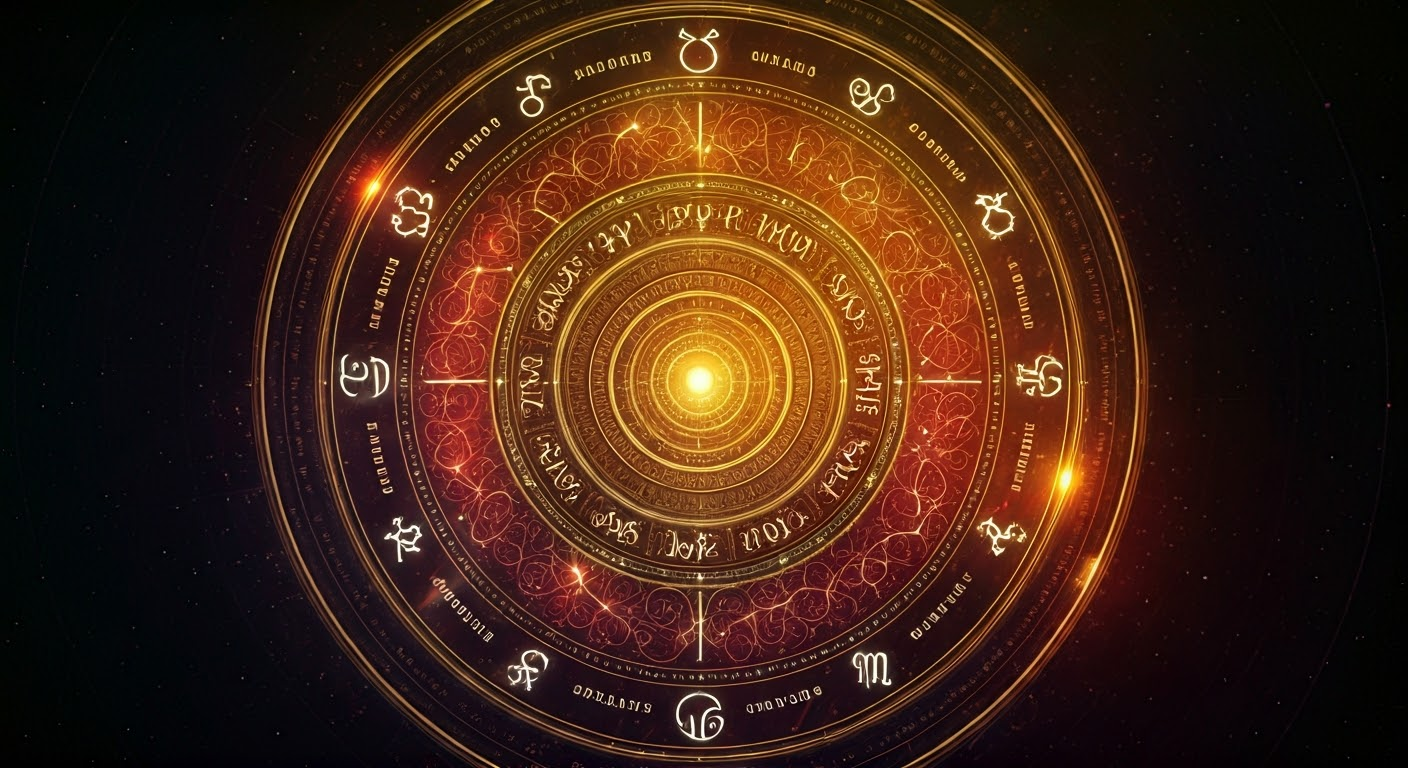What Is Life Without Love?
Love, in its many forms—romantic, familial, platonic, and even self-love—is often considered the heartbeat of human existence. But what happens when love is absent? Is life still meaningful, or does it become an empty pursuit?
1. The Hollow Echo of Loneliness
Without love, life can feel like a series of disconnected moments—functional, but lacking warmth. Human beings are wired for connection, and when love is missing, loneliness can settle in like a quiet storm.
2. The Search for Meaning Beyond Love
Some argue that life can still be fulfilling without love, through ambition, creativity, or personal achievements. But even in these pursuits, the desire for connection often lingers. Can success replace love, or does it merely distract from its absence?
3. The Emotional and Psychological Impact
Studies suggest that love—whether romantic or platonic—plays a crucial role in mental well-being. Without it, people may experience heightened stress, anxiety, or a sense of isolation. Love provides emotional security, a sense of belonging, and the reassurance that we are valued.
4. The Illusion of Independence
Some believe they can thrive without love, embracing solitude as a form of strength. But is independence truly fulfilling, or does it mask a deeper longing for connection? Even the most self-sufficient individuals often seek companionship in some form.
5. The Philosophical Perspective
Great thinkers have debated whether love is essential to a meaningful life. Some, like Khalil Gibran, suggest that "Life without love is like a tree without blossoms or fruit". Others argue that love is merely one aspect of existence, not its defining feature.
6. The Power of Self-Love
While external love is vital, self-love is equally important. A life without love from others can still be rich if one cultivates deep self-acceptance and inner peace. But can self-love truly replace the warmth of human connection?
Is Life Without Love Truly Life?
Perhaps the real question isn’t whether life can exist without love, but whether it can truly be lived. Love, in all its forms, gives life depth, color, and meaning. Without it, existence may continue—but will it ever feel complete?
A Life Without Love: A Hollow Existence or a Different Kind of Freedom?
What is life without love?
Is it merely survival—days stitched together by routine, the passing of moments devoid of warmth? Or is it liberation—a solitude untouched by longing, a heart unburdened by vulnerability?
Love, in its many forms, is the golden thread woven through human existence. It is the whisper in the quiet moments, the pulse beneath every act of tenderness, the silent promise that we are not alone. But what happens when love is absent? When touch fades, when connection dissolves, when life becomes a landscape devoid of affection?
The Emptiness of a Love-Starved Life
A life without love is not just the absence of romance. It is the absence of the quiet reassurances—the way a friend remembers how you take your coffee, the way a lover traces your skin like you are a sacred map, the way a parent looks at you as if they have known your soul since the beginning of time.
Without love, loneliness does not just visit—it lingers. It stretches its fingers into the spaces where warmth once was, filling the void with silence. Even success, achievement, and personal fulfillment can feel incomplete without someone to witness them, to celebrate them, to anchor them in meaning.
Can Life Without Love Still Hold Beauty?
And yet—love is not the only force that shapes existence. Some find meaning in solitude, in creation, in self-exploration. Some believe love can be replaced by purpose, that fulfillment can be found in art, ambition, or spiritual enlightenment. But even in these pursuits, doesn’t the desire for connection still echo?
Perhaps life without love is not truly an absence, but a different experience altogether—one where meaning is carved from the self rather than from others. But is that enough? Can a life untouched by love still feel whole?
The Illusion of Independence
We tell ourselves that independence is strength—that the ability to exist without attachment makes us invincible. But deep down, even the most self-sufficient souls crave a moment of softness—a voice that says, You matter. You are seen.
Love, after all, is not just about passion or romance. It is in the way the world pauses for kindness, in the way strangers exchange fleeting smiles, in the way grief reminds us that love existed at all.
So, What Is Life Without Love?
Perhaps it is survival without poetry. Existence without melody. A path walked alone, with no footprints beside ours.
Or perhaps, it is simply waiting—waiting for the moment love will return, in a new form, under a different sky. Because love is never truly absent. It is simply waiting to be found again.
The Psychological Impact of a Life Without Love
Love is considered a fundamental human need, deeply tied to emotional well-being. Psychologists, including Abraham Maslow, have emphasized that love and belonging are essential for personal fulfillment. Without love—whether romantic, familial, or platonic—individuals may experience:
- Heightened loneliness – A lack of deep connections can lead to feelings of isolation.
- Emotional numbness – Without love, life may feel routine but lack warmth and meaning.
- Reduced resilience – Love provides emotional support, helping individuals navigate hardships.
Philosophical Perspectives on Love’s Absence
Throughout history, thinkers have debated whether life can be meaningful without love. Some argue that love is the essence of existence, while others believe fulfillment can be found in solitude, ambition, or spirituality.
- Khalil Gibran stated, “Life without love is like a tree without blossoms or fruit”.
- Oscar Wilde wrote, “A life without love is like a sunless garden when the flowers are dead”.
- Maslow’s hierarchy of needs suggests that love is a foundational element of human thriving.
Can Life Without Love Still Hold Meaning?
Some believe that life can be fulfilling without love, through personal achievements, creativity, or self-discovery. However, even in these pursuits, the desire for connection often lingers. Studies show that love fosters happiness, strengthens communities, and enhances overall well-being.










